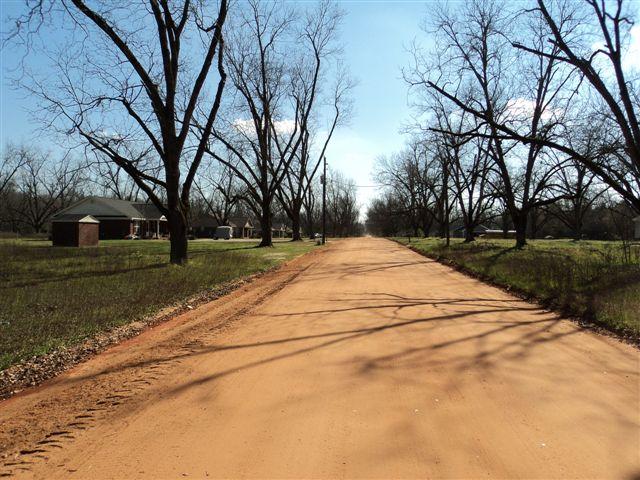Burke County Wills, Estates, Tax Digests
Find your Ancestors in the Georgia Bible Records

A Key to Finding Ancestors in the Collections of Today
Things have certainly changed since the days of searching through dusty libraries and reading unindexed books and microfilm! But with the launching of the internet and establishing genealogical records thereon, the task has just begun! What with burned county records all over America and immigration records yet to be translated and published, there is so much more to be discovered. While searching for my ancestors in the field, I discovered that county clerk frequently took those big ledger books home with them to work on. Sometimes, a person produced a ledger to the courthouse found stored in the attic. (I request the Mormon church to visit the person and microfilm it). This explains how ledger books find their way too antiques. There are shops. There are other avenues of discovery, viz: church records. One has to visit the neighborhood where families resided, old churches, and graveyards to ascertain what survived and who has possession of the old baptisms, marriages, and mortuary records. State Archives also receive church records from donors and place them on microfilm. But one needs to search for it in the floor catalog. In the 1930s the DAR collected old bible records and donated their books to the Georgia State Archives. Regional libraries contain their own special collections. Internet collections also vary, but one must realize that many of the original collections were taken down as large companies bought them out. Ancestry has digitized census, revolutionary war, and immigration records. You can also visit the National Archives online and have access to the same records. FamilySearch.org digitized many county records, however, their physical local in Salt Lake City contains all of their collections. The records of Pioneer Families feature images of old wills, estates, marriages, obituaries, cemeteries, traced families, notes, and books in Georgia, North Carolina, South Carolina, Kentucky, Tennessee, Alabama, and Virginia – – all growing collections.Online Images of Burke County Wills 1803 to 1858
- Allen, Frances (Fanney)
- Anderson, Augustus H.
- Antony, William H. D.
- Archer, Serena
- Attaway, Elijah
- Bearrow, Aaron
- Boyd, Benjamin
- Brack, Benjamin
- Brinson, Lucy
- Brinson, Shepard
- Chance, Henry
- Churchill, Mary
- Evans, Sophia
- Evans, William J.
- Gilstrap, Benjamin
- Green, Jesse P.
- Hampton, James
- Inman, Sophia
- Jones, Abraham
- Jones, Henry P.
- Jones, James W.
- Jones, John M.
- Jones, Seaborn A.
- Lane, Thomas
- Landing, John
- Lasseter, William
- Lipsey, Barbara
- McElmurry, James
- McNatt, Elizabeth
- Merritt, George W.
- Moore, William
- Murphree, William
- Murphree, Wright
- Nasworthy, William
- Osborne, Robert
- Owens, John
- Penrow, William
- Perkins, B. L.
- Perkins, David
- Red, Maria
- Rogers, William
- Sapp, Everet
- Sapp, Mary T.
- Saxon, William
- Scarborough, Amelia
- Shepard, Guthrey
- Skinner, William W.
- Tomlin, Zilpha
- Wallace, William
- Walker, Francis J.
- Walton, Thomas
- Ward, Francis
- White,Daniel
- Whitehead, John
- Williams, William
Marriages
- 1855-1869
- Index to 1869-1871
Miscellaneous Wills and Estates
- Allen, Elisha A. Estate
- Demero, Raymond
- Hill, Milley, estate
- Jones, Abraham (LWT)
- Lovett, Ann (LWT)(1862)
- Scott, William, estate
Indexes to Probate Records
- Index to Testators
- Annual Returns 1858 to 1868
Tax Digests
- 1788 Burke County Entry Takers Returns
- 1788 Presentments to Grand Jury
- 1798 Burke County Tax Digest, First District
- 1798 Burke County Slaveholders, First and Second Districts
- 1798 Slaves in Burke County
Church Records
- Minutes of Bark Camp Baptist Church (Members) 1823 to 1858
Special Notes
- Burke Notes by Jeannette Holland Austin.
Traced Genealogies: Burke County Families
- Bonnell
- Boykin
- Burke
- Cowart
- Irwin
- Scarborough
- Spencer
How Tax Records Help the Genealogist
By Jeannette Holland Austin
The tax digests in any given county in the State of Georgia provide essential data to the researcher as it lists all of the parcels of land which the person owned and in what counties. In Georgia, one can easily define the acquisition of properties from lotteries and the approximate date simply by noting the amount of acreage in the tax record. For example, the 1805 and 1807 land lotteries offered 202-1/2 acres in Baldwin and Wilkinson Counties; and 490 acres in Wayne County (1805). During 1820: Appling (490), Early (250); Gwinnett (250); Habersham (250) (490); Hall (250); Irwin (490); Rabun (490)(250) and Walton (250). The 1827 Land Lottery gave 202-1/2 acres in Carroll, Coweta, Lee, Muscogee, and Troup. The 1832 lottery consisted of 202-1/2 acres in Cass (now Bartow), Cherokee, Cobb, Floyd, Forsyth, Gilmer, Lumpkin, Murray, Paulding, and Union Counties. These are all Indian lands belonging to the Creeks and Cherokees. There was also a lottery encompassing North Georgia lands formerly owned by the Cherokees where people drew for 40-acre gold lots and one can assume the occupation was ” gold miner”. The best route to information is to first search the lottery records, then the tax digests in specific counties.
Most Americans have Patriot Ancestors in their Background and Do Not Realize it
